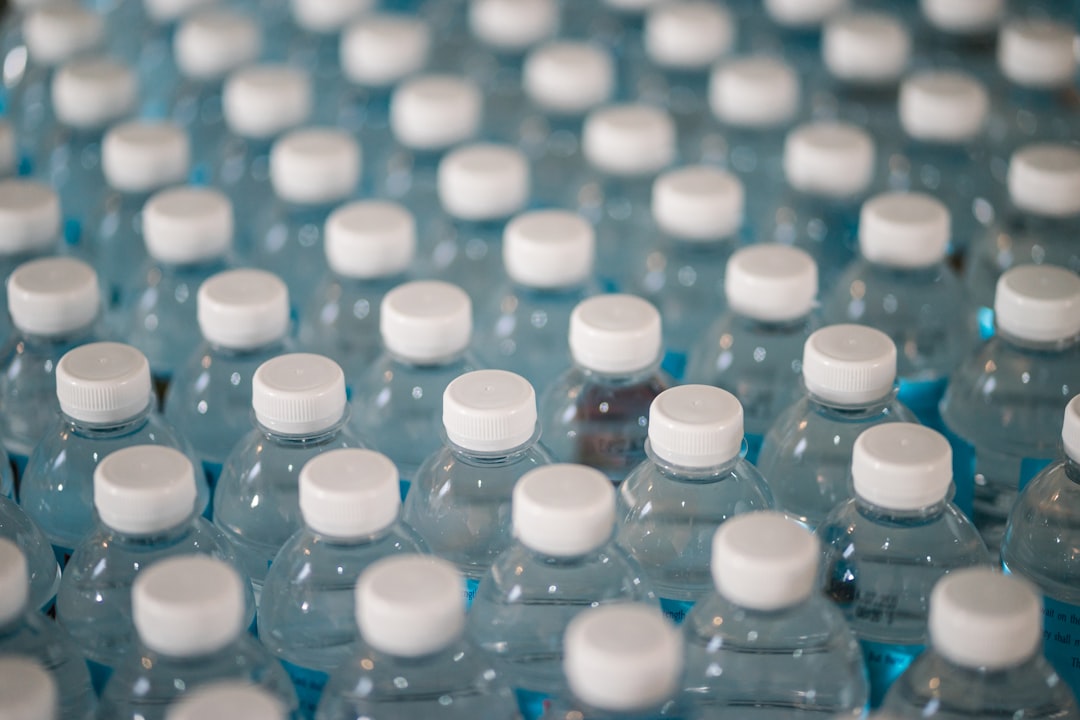Plastics Worker Kaimahi Kirihou
Plastics workers operate the machinery that makes, assembles and repairs plastic, composite and rubber products.
Plastics workers may do some or all of the following:
- build full-size models of plastic products
- create moulds for plastic products
- apply materials such as resins or fibreglass to moulds
- fit moulds into machines, and remove them when a production run has finished
- separate, trim and shape the final products
- maintain and repair moulds
- fix basic mechanical and process problems
- check products for defects
- pack, label and weigh products.
Physical Requirements
Plastics technicians need to be fit and healthy as the job involves some lifting, and they spend long periods on their feet.
Useful Experience
Useful experience includes:
- work with basic engineering equipment such as welders, lathes and power tools
- any work in the plastics, rubber or composites industry
- work as a mechanical engineer
- work in other factory jobs, particularly shift work.
Personal Qualities
Plastics workers need to be:
- skilled in interpreting plans and drawings
- good at problem-solving
- accurate and methodical
- able to follow instructions
- able to work independently and in a team
- responsible and safety-conscious.
Skills
Plastics workers need to have knowledge of:
- how to operate tools and machinery
- processes used to make plastic products, and the ability to diagnose production problems
- product standards and safety regulations
- different chemicals, compounds and metals
- heats and speeds needed for mechanical tasks such as welding.
Conditions
Plastics workers:
- either work shifts or regular business hours. They may be required to work longer hours or weekends to meet deadlines
- work in factories, processing plants and workshops
- may work in smelly, noisy and dusty conditions. They may also work with toxic materials, which require the use of safety equipment
- may travel locally to clients' workplaces to install or repair products.
Subject Recommendations
NCEA Level 1 is recommended. Useful subjects include chemistry, construction and mechanical technologies, and processing technologies.
Related Subjects
Plastics Workers can earn around $23-$25 per hour.
Pay for plastics workers varies depending on experience:
- Apprentices usually earn the minimum training wage or minimum wage an hour.
- Plastic workers can earn up to $25 an hour.
Sources: Competenz, 2017; Census, 2013.
With further training, plastics workers may progress to become plastics technicians. They can also move into quality management and quality control.
Plastics workers may specialise in:
- die setting
- fibre composites
- plastics moulding
- rubber processing.
Years Of Training
<1 year of training usually requiredTo become a plastics worker you need to complete an apprenticeship and gain a New Zealand Certificate in Manufacturing - Plastics (Level 2).

 Craighead Diocesan School
Craighead Diocesan School